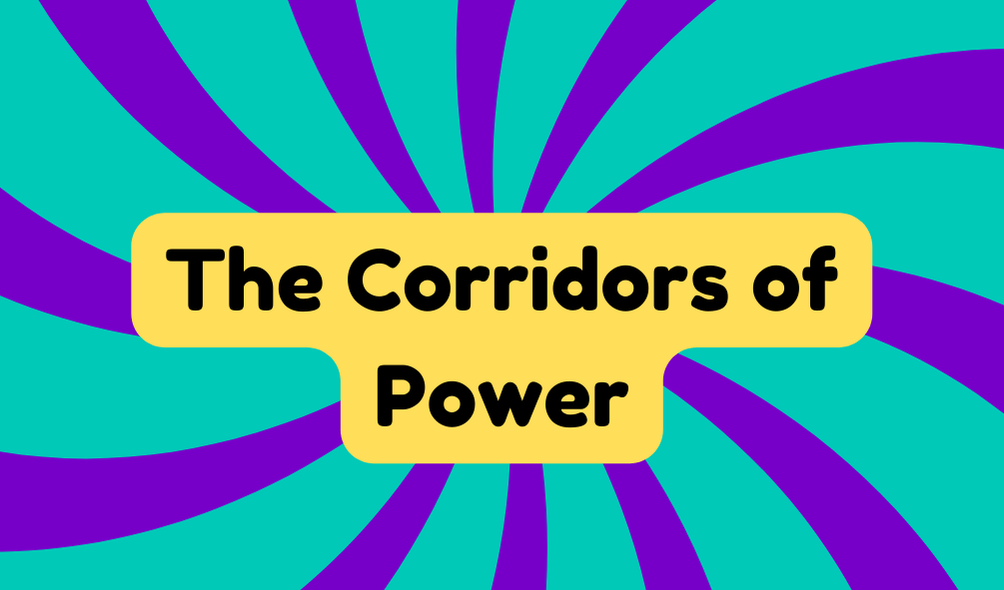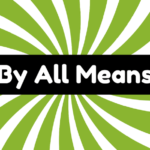The term "corridors of power" describes the influential spaces where important political decisions happen, often behind closed doors. Coined by Charles Percy Snow in 1956, it highlights the exclusive access certain individuals have to authority and decision-making. For instance, when you say someone "navigates the corridors of power," it suggests they're maneuvering through political circles for influence. This term continues to resonate today, as many policies are crafted out of public sight, raising concerns about transparency and accountability. Understanding these dynamics helps you grasp the complexities of governance, hinting at deeper issues that deserve your attention.
Synonyms
When you think about the phrase "corridors of power," several synonyms come to mind that convey similar meanings. These terms often highlight the intricate web of government influence and power dynamics at play in high-stakes governance. Here are three significant alternatives:
- Centers of authority – This conveys the locations where essential decisions are made.
- Government echelons – This reflects the hierarchical structure impacting policy outcomes.
- Ruling administration – This emphasizes the leadership exercising control and decision-making.
Each of these synonyms underscores the often exclusive nature of access to influence, highlighting how certain individuals maneuver within these domains. Understanding these terms can sharpen your awareness of the complexities surrounding those who hold power in society.
Example of Sentences
Understanding the phrase "corridors of power" becomes clearer through practical examples. These sentences illustrate the intricacies of political influence and power dynamics:
- Jim believed that moving from a clerk position to a Supreme Court justice would open the corridors of power for him.
- Many noted significant influence circulating in the corridors of power, particularly concerning private legislation matters.
- There's a growing ambition among young leaders passionate to access the corridors of power in the future.
These examples showcase how maneuvering through these elite spaces often shapes decisions that impact society. They also hint at the exclusivity of access, leaving many questioning the transparency of actions taken within these influential domains. It's vital to understand the complexities and the hidden motives at play in such important contexts.
Origin
The phrase "corridors of power" finds its roots in the literary work of Charles Percy Snow, who first popularized it in his 1956 book "Homecomings." He described the ministries of Britain's Whitehall and the influential civil servants operating within them, capturing the essence of a domain where crucial decisions are made. This literary reference contrasts with the historical context of actual governing environments, emphasizing how power often circulates behind closed doors. The term evolved, addressing not just specific officials but the broader dynamics of authority. It urges you to reflect on how such corridors can foster exclusivity and secrecy, shaping our understanding of influence and governance while critiquing the accessibility of these essential spaces for the general populace.
Collocations
Many people often encounter the term "corridors of power" in discussions about politics and governance, emphasizing its significance. This phrase often collocates with terms that highlight political influence and governmental authority. To grasp its full impact, consider these common collocations:
- Navigate the corridors of power – Suggests maneuvering through complex political environments.
- Access the corridors of power – Implies gaining entry to influential circles that often feel exclusive.
- Influence within the corridors of power – Refers to shaping decisions made by those at the top.
These pairings underscore how exclusive these spaces can be and hint at the challenges many face in accessing political influence. Understanding these collocations encourages critical thinking about who truly holds governmental authority and how it shapes society.
How to Use in Everyday Language
In conversations about politics, using the phrase "corridors of power" can effectively convey the complexity and exclusivity of high-level decision-making environments. You can sprinkle it into your everyday conversations to emphasize where real influence lies. For instance, in political discourse, when discussing a recent legislation, you might say, "I wonder what discussions are happening in the corridors of power." This shows awareness of the behind-the-scenes maneuvers that shape public policies. However, it's important to remember that this phrase can also suggest a barrier between ordinary citizens and decision-makers. Critically engaging with such language allows you to assess how transparency and accountability often seem compromised in these exclusive environments, leading to deeper insights in your discussions.
Why Is It Still Relevant Today?
Today, the phrase "corridors of power" remains relevant as it encapsulates the ongoing dynamics of political influence and decision-making. In today's world, governmental influence often shapes our lives without us even realizing it. You encounter this when policies are crafted behind closed doors, affecting everything from education to healthcare. Understanding these political dynamics matters because they reveal how decisions are made and who benefits. By recognizing this, you can engage more effectively in civic discussions and advocate for transparency. It's critical to be aware of who controls these corridors, as they often prioritize specific interests over the public good. The more you understand, the better equipped you are to hold leaders accountable and envision a more equitable future.







